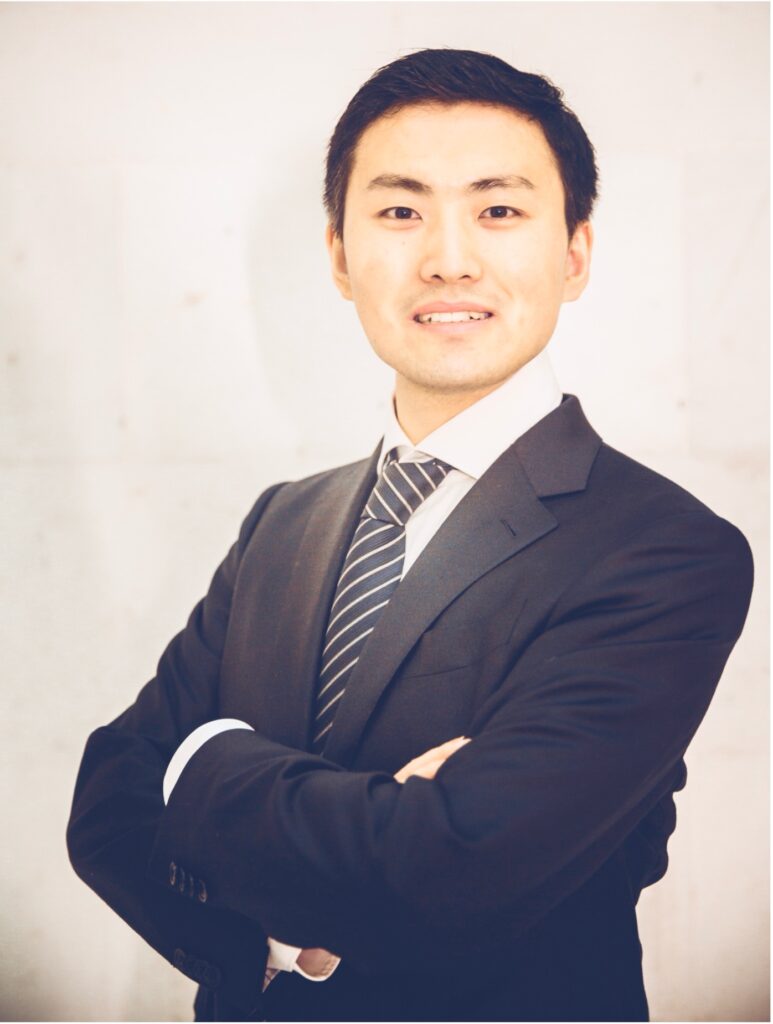–
September 25, 2025
A Virtual Seminar Organized by the Southern California Local Section of the American Chemical Society (SCALACS) and funded by an LSAC Grant.
"Discovering Magnetoelasticity in Soft Matter for Bioelectronics"
Thursday, September 25 • 3:00 – 4:00 pm
Presented by:
Jun Chen, Ph.D.
Department of Bioengineering,
University of California, Los Angeles
PRESENTATION ABSTRACT:
The magnetoelastic effect, also named as Villari effect and discovered in 1865 by Italian experimental physicist Emilio Villari, is the variation of the magnetic field of a material under mechanical stress. This effect is usually observed in rigid metal and metal alloys with an externally applied magnetic field and has been ignored in the field of soft bioelectronics for the following three reasons: the magnetization variation in the biomechanical stress range is limited; the requirement of the external magnetic field induces structural complexity and bulky structure, and there exists a gigantic mismatch of mechanical modulus up to six orders of magnitude difference between the rigid magnetoelastic materials and the soft human tissues. In 2021, we discovered the giant magnetoelastic effect in a soft solid polymer system, later in a liquid permanent fluidic magnet, which paves a fundamentally new way to build up intrinsically waterproof and biocompatible soft bioelectronics for diagnostics, therapeutics, and energy applications. Our group at UCLA is currently pioneering this research effort of harnessing the giant magnetoelastic effect in soft systems for personalized healthcare and sustainable energy.
SPEAKER BIOGRAPHY:
Dr. Jun Chen is currently an associate professor with tenure in the Department of Bioengineering at the University of California, Los Angeles (UCLA). His research focuses on soft matter innovation for healthcare and energy. He has published two books and 380 journal articles, with 280 of them being corresponding authors in Nature Review Bioengineering (2), Nature Materials (3), Nature Electronics (10), Nature Biotechnology (2), Nature Chemical Engineering (2) , Nature Biomedical Engineering (1), Nature Communications (10), Science Advances (6), Chemical Reviews (2), Chemical Society Reviews (2), among others. He also filed 18 US patents, including one licensed. With a current h-index of 128, Dr. Chen was identified to be one of the world’s most influential researchers in the field of Materials Science on the Web of Science. Among his many accolades are the V. M. Watanabe Excellence in Research Award (1 faculty per year in UCLA Samueli School of Engineering), ACS Nano Lectureship, MRS Outstanding Early Career Investigator Award, Hisako Terasaki Young Innovator Award, Stephanie L Kwolek Prize, Shu Chien Early Career Award, Asian American Academy of Science and Engineering (AAASE) Rising Star Award, ASME Rising Star of Mechanical Engineering, BMES CMBE Rising Star Award, UCLA Faculty Mentor Award, UCLA Society of Hellman Fellows Award, Georgia Tech Alumni 40 Under 40, ONR Young Investigator Award, AHA Innovative Project Award, AHA Transformational Project Award, AHA's Second Century Early Faculty Independence Award, NIH UCLA CTSI KL2 Translational Science Award, BBRF Young Investigator Award, Okawa Foundation Research Award, Advanced Materials Rising Star, Materials Today Rising Star Award, Chem. Soc. Rev. Emerging Investigator Award, Nano Research Young Innovator Award, ACS PMSE Young Investigator Award, Clarivate Highly Cited Researchers 2019/2020/2021/2022/2023/2024, among others. Beyond his research activities, Dr. Chen serves as the Executive Editor-in-Chief of Med-X, and an associate editor for Biosensors and Bioelectronics, MRS Communications, FlexMat, Soft Science, cMat, and Textiles. Additionally, he is a member of the advisory and editorial boards of over 20 journals, including Matter, Materials Today, Materials Today Energy, Cell Reports Physical Science, The Innovation, Nano Trends, Biomedical Technology, among others.
REGISTRATION:
Event is free but please RSVP HERE.
Download event flyer HERE.

